Tags
#LouReed; #DelmoreSchwartz; #JohnCale; #DougYule; #RichieUnterberger; #VictorBockris; #NickKent; #RobJovanovic; #PaulMorley; #GregKot; #GeneTierney, Don'tForgetTheSongs365
Don’t Forget the Songs-365: Mach Tres: Day 243
Wed. Oct. 30, 2013
“Kill Your Sons”
Lou Reed
1974
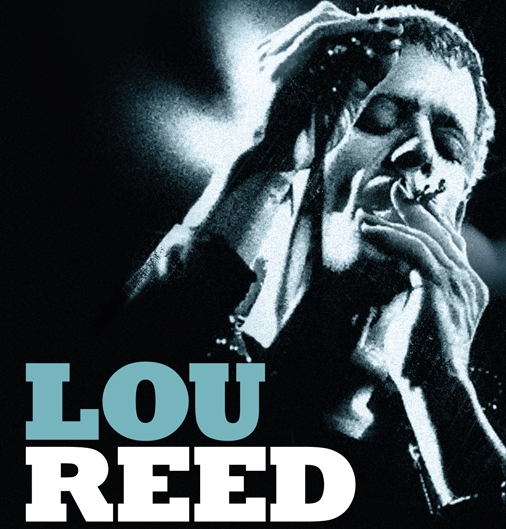
“♫ You
couldn’t get
to page 17/
’cause you
forgot
where you
were ♫”
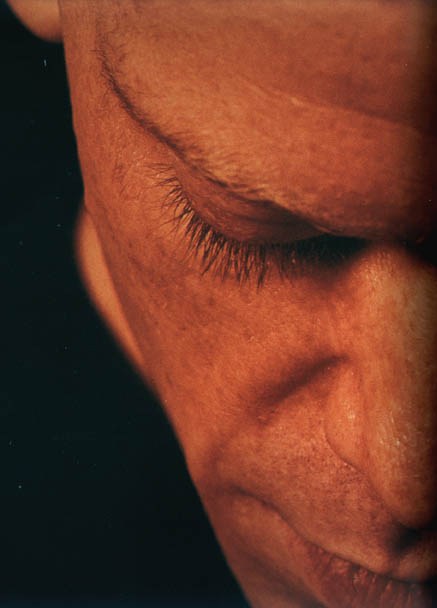
The Velvet Underground’s alternate version of “European Son” brings to life Reed’s harrowing nightmare by conjuring up the literal soundtrack of what it would actually sound like if you were to experience the same electro-shock therapy that Lou lived through as a teenager in 1959. This intense “European” incantation spawned a more powerful and personal offspring, by being the lyrical and rhythmic precursor for 1974’s “Kill Your Sons.”
According to Richie Unterberger’s book, White Light/White Heat: The Velvet Underground: Day-by-Day, the final infernally chaotic track on The Velvet Underground and Nico was originally listed in the songwriting credits as “European Son to Delmore Schwartz.” Schwartz was a poet and a university professor and more importantly Lou’s mentor who so disapproved of rock lyrics that Reed kept his involvement with Andy Warhol and The Velvet Underground secret from creative guru.
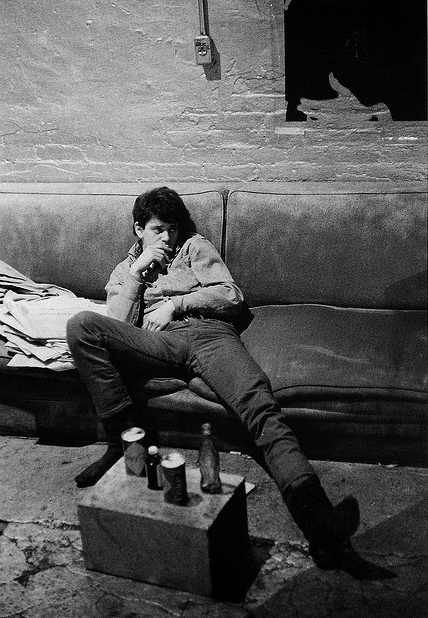
But back in 1967, in Reed’s lyrical mind, Schwartz was more of a father figure, someone, like his own parents, who unknowingly was attempting to dissuade Lou from his lyrical calling. Although, Reed name-checked his mentor for the songwriting credits, I wouldn’t really call “European” a tribute to Delmore but more like a seething rebuttal to his outdated of rock lyrics as he sung “♫ Your European son is gone, you better say so long. ♫” Most of all, this last VU track did more than just look forward to the punk inspired sound of White Light/White Heat, “European” while reflecting backwards to Reed’s electro-shock therapies, while foreshadowing the future blisteringly candid masterwork that became 1974’s “Kill Your Sons.”
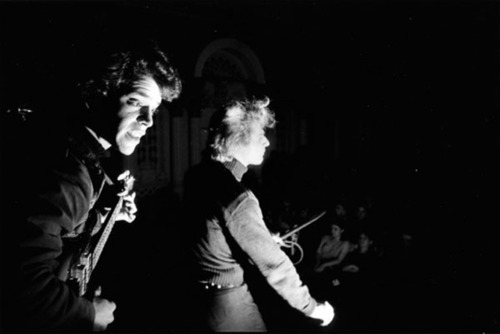
The key lyric from the last cut of The Velvet Underground & Nico’s “European Son” had to be the opening stanza where Reed wrote, “♫ You killed your European Son ♫.” Those words that Reed sung in 1967 most have been infesting inside his creative mindset since the late nineteen fifties or as Victor Bockris wrote in his Lou Reed biography Transformer, “Nineteen Fifty-Nine was a bad year for Lou. [Reed] suffered through eight weeks of shock treatments haunted by his fear that in an attempt to obliterate the abnormal from his personality, his parents had destroyed him. ” Instead of curing Lou’s rebellious and homosexual tendencies, his parents planted a seething seed of resentment that manifested inside his own personal rock song manifestos that Reed had begun crafting with the Velvet Underground in 1967 and even after the ground disbanded in 1970, during his Transformer days of the early nineteen-seventies up and until the rebirth of his madness inspired masterpiece on 1974’s “Kill Your Sons.”
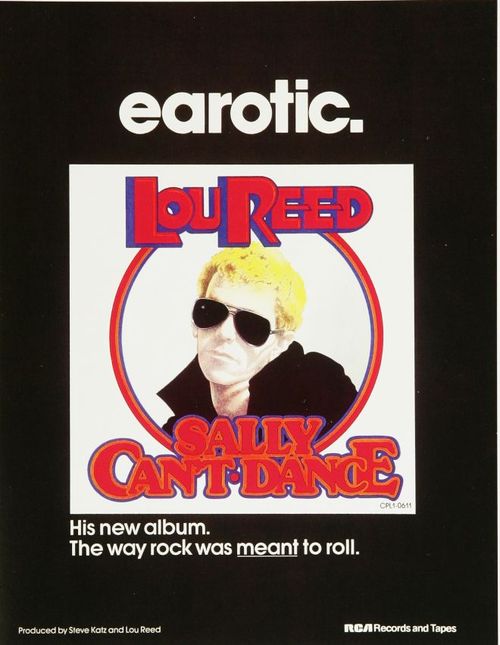
Talking to Bomb Magazine in 1998, Lou Reed described how songs like “Kill Your Sons” come to life when he explained, “I could hear a lick in my head and if it stays there long enough I put it down. Or if I hear a song in my head being sung. It’s like tuning in a radio. You’re just walking around humming this thing.” Reed had been walking around with his song idea inspired by his shock treatments of 1959 for “Sons” for over fifteen years. But can you blame Lou for trying to bury those memories inside his already damaged subconscious? Reed talked about the spark for “Kill Your Sons” in Rob Jovanovic’s Seeing the Light: Inside the Velvet Underground, as Lou remembered the harrowing events he experienced as a teenager when Reed said, “They put the thing down your throat so you don’t swallow your tongue, and they put electrodes on your hear. The effect is that you lose your memory and become a vegetable. I wrote “Kill Your Sons” on Sally Can’t Dance about that.”
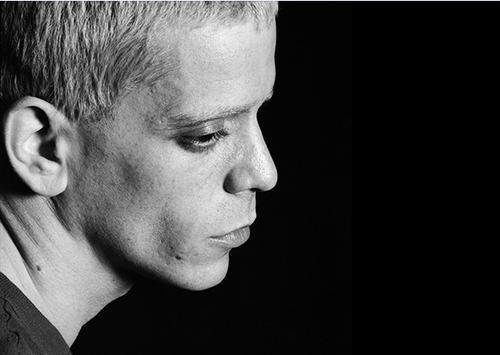
It’s hard not to see why Reed would craft such a vividly indicting song like “Kill Your Sons” as Bockris wrote in his Lou biography Transformer, “At the end of eight-week treatments, Lou was put on strong tranquilizing medication. “I hate psychiatrists. I hate psychiatrists. I hate psychiatrists,” [Reed] would later write in one of his best poems, “People Must Have to Die for the Music.” But in his heart, [Lou] felt betrayed. If his parents had really loved him, they would have never had allowed the shock treatments.” Lou Reed wasn’t the only icon to survive this torture like treatment, film Star Gene Tierney penned her own experiences with shock therapy in her 1979 autobiography when she wrote, and “I had been subjected to electro shock treatments that deadened my brain, stole chunks of time from my memory, and left me feeling brutalized. Over the next eight months I underwent nineteen more electric shock treatments, a grand total of thirty-two. Pieces of my life just disappeared. A mental patience once said it must have been what Eve felt, having been created full grown out of somebody’s rib, born without a history. That is exactly how I felt.”

Reed brought to the mainstream the harrowing effects of experiencing electro-shock therapy in his anti-pop song, “Kill Your Sons.” Even after releasing such an epic, you can tell from this interview with Nick Kent that Reed was far from comfortable sharing his electro-shock experiences outside of the confines of his songs when he said, “Uh…well, there’s one about… [long pause.] Uh, what are the new songs? … I’ve got them on tape, y’know, but I keep forgetting them… [Another long pause.] Oh yeah, there’s one called “Kill Your Sons” about parents sending their kids to psychiatrists and giving them shock treatment. The songs seem to all have movement from the general to an example all of a sudden … not intimate but specific detail…They all seem to move that way. Constantly.”
You can hear the ink between VU and “Kill Your Sons” with the obvious inspiration from not only “European Son” but also from an unlikely source, on the same Velvet Underground and Nico LP with the song “Run Run Run” when Reed sings, “♫ Don’t you know they’re gonna kill, kill your sons/ until they run, run, run, run, run, run, run away. ♫” Not only didn’t Reed not open up to interviewers about his electro-shock treatments as a teenager, Lou rarely shared these experiences with his bandmates while a member of the Velvet Underground as bassist Doug Yule explained in Unterberger’s White Light/White Heat, “When I was younger I was kind of mad at Lou for some stuff, not really angry, just kind of ticked off. [Then] later I learned about his electro-shock therapy and I said, ‘Oh man, that’s just awful.’ Anybody who’s been through that for those reasons deserves all the slack you can give him. I just let everything go at that point.”

Even Reed’s closest collaborator in VU, John Cale was oblivious to Lou’s history with electro-shock therapy and especially with the content in Reed’s most infamous song—1974’s “Kill Your Sons.” In a 2012 interview with The Stool Pigeon the former Velvet Underground cellist talked about his former songwriting partner’s condition when said, “I wasn’t aware that he talks about [his] shock treatment in it, That’s a form of torture, doing that to somebody. I know it plays into his personality, but that’s something you always have to be aware of, when you think about it: [paraphrasing the lyrics] you start reading a book and by the time you’re on page 17, you don’t even know what the beginning is because it erased your memory.”

No matter what the side effects of this form of electro therapy, how could anyone not remember the effects of such horrific torture? Reed never could forget and the memories were the sparks of inspiration to some of his most classic works with the Velvet Underground and as a solo artist in the 1970s. According to Paul Morley and his book Words and Music: A History of Pop in the Shape of a City, “Kill Your Sons” was one of the most influential songs in Reed’s song canon explaining when he wrote, “As much as anything [Lou] has ever done, [“Kill Your Sons”] points to Reed being the hissing link between Lenny Bruce and Eminem.”

Morley brings up an important point, because “Kill Your Sons” isn’t your average pop song; in fact, Lou Reed’s lyrical goal which was original sparked by his 1959 electro-shock therapy, first realized on 1967’s “European Son” and perfected on 1974’s “Kill Your Sons” was the former Velvet Underground singer/songwriter’s novelistic concept of trying to honor his literary heroes when he explained to Spin Magazine, “Hubert Selby, William Burroughs, Allen Ginsberg and Delmore Schwartz. To be able to achieve what they did, in such little space, using such simple words. I thought if you could do what those writers did and put it to drums and guitar; you’d have the greatest thing on earth. You’d have the whole pie.” Lou’s dream came true on 1974’s “Kill Your Sons.” Reed’s song opus from Sally Can’t Dance brought to life all the anger and inspiration that had been evolving inside the former Velvet Underground singer’s creative soul since 1959.
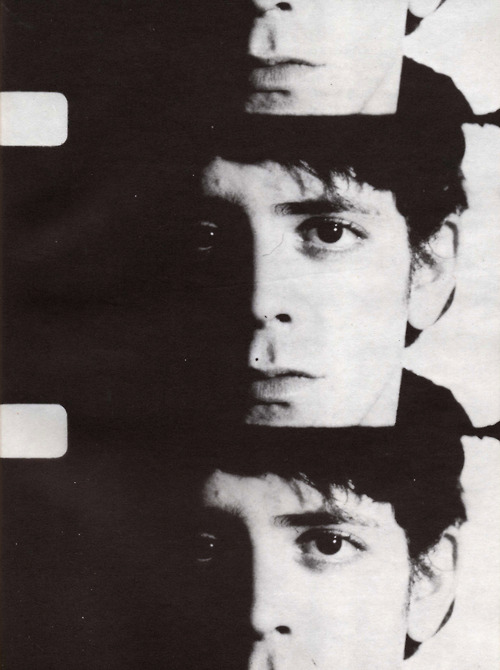
Bringing to life the harrowing experience of going through electro-shock therapy is not the average idea for a rock song. But then again, all is this all goes back and can be blamed because of Reed’s parents actions; Lou didn’t craft pop ditties, because of all the anger and resentment he internalized for so long as Reed explained in Victor Bockris’ biography Transformer, how his parents and those psychiatrists had turned him into a living seething vegetable when he said, “You can’t read a book because you get to page seventeen and you have to go right back to page one again. Or if you put the book down for an hour and went back to where you started, you didn’t remember the pages you read. You had to start all over. If you walked around the block, you forgot where you were.” Because of his parents, mentor Delmore Schwartz and every other institutional figures in Lou’s life, Reed felt like he had to rebel not only against the establishment that made him into the electro-shocked and enraged rocker that Lou was destined to become, because of his short attention spanned emotional memory, the only real connection that Reed ever felt attached to what his poetic lyrics and his own brand of rock ‘n roll art.
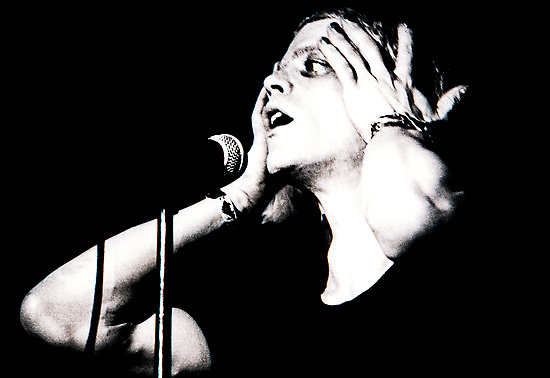
Reed’s objective as a rock ‘n’ roll poet became a more precise idea that he shared with Chicago Tribune’s Greg Kot when Lou said, “I wanted something that would engage you mentally, [but] that you could listen to on another level…. That ten years from now you could still listen to one of my albums because… [it] would engage you emotionally, intellectually, if not spiritually, on the level that a novel can. And because you also have music going on, you could do something that no other form could do, especially if someone is listening on headphones. You could really get their attention, tell ’em anything, do it any way, really take them some place. You’re joining the voice in their head with your voice–there’s no one else there.” The reason that Lou Reed connected so well with his audience of underdogs, artists, poets, musicians and societal outsiders was that he lived the part of the outcast. From the early age when his parents attempted to shock all his homosexual tendencies birthed the seething rock and roll poet that we knew and loved. The alternative version of “European Son” first flicked on the creative spark as the original precursor like seed that spawned the more powerfully personal offspring that became Lou Reed’s masterwork better known as 1974’s “Kill Your Sons.”
